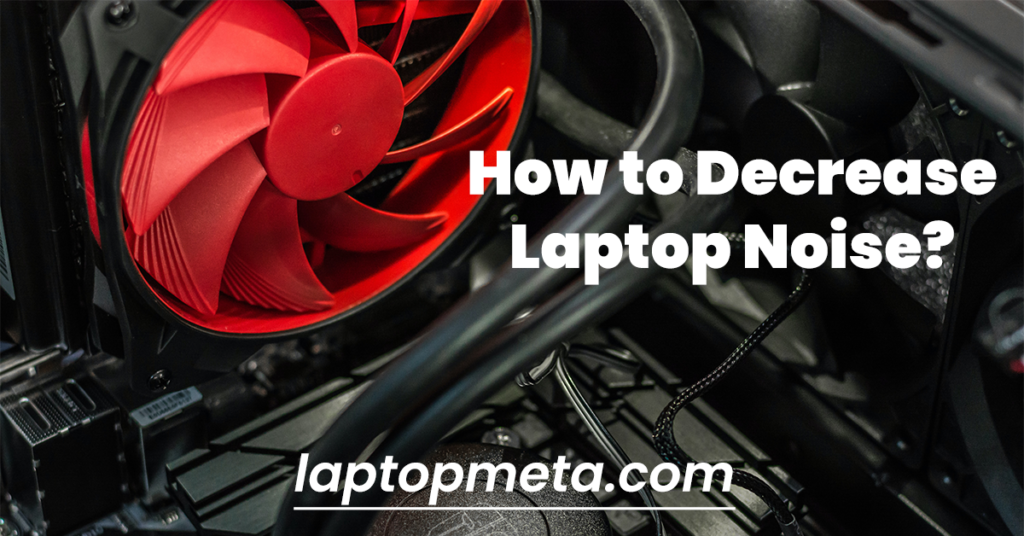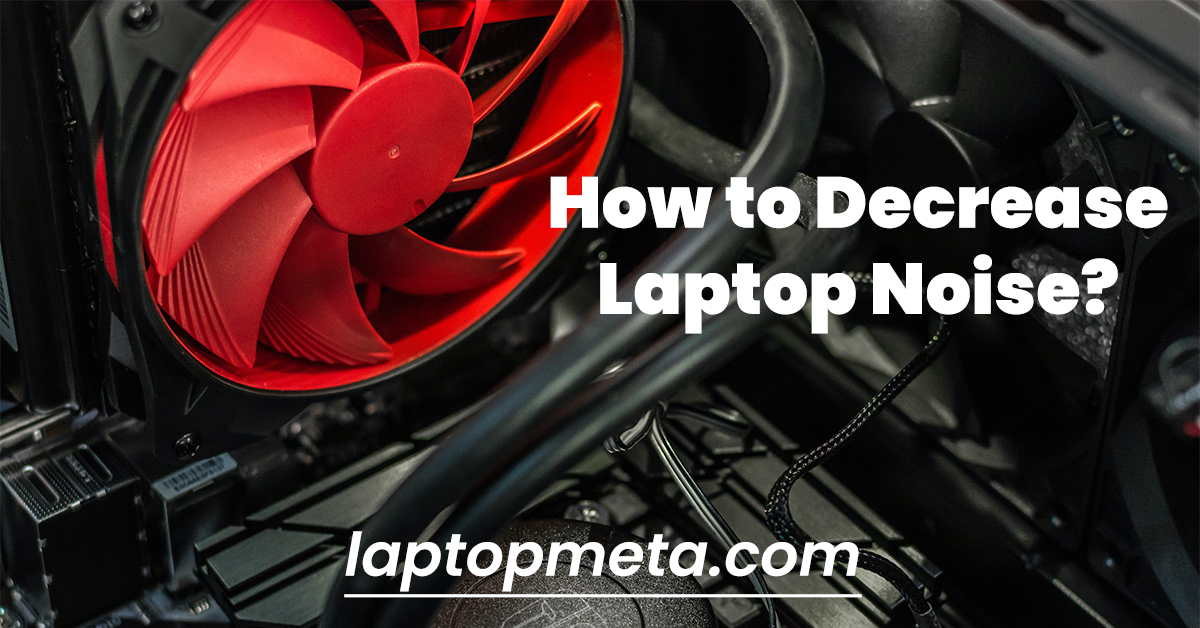How to decrease laptop fan noise: If your laptop fan is making too much noise, there are a few things you can try to reduce the amount of noise it makes. One thing you can do is clean the fan blades with a can of compressed air. This will help to remove any dust or debris that may be causing the fan to work harder than it needs to. Another thing you can try is to change the settings in the BIOS. This will help to regulate the fan speed and hopefully reduce the amount of noise it makes. If neither of these solutions works, you may need to replace the fan entirely.
1. Identify the noise
2. Check for obstructions and clean fan blades
3. Update BIOS and drivers
4. Change power plan
5. Reduce screen brightness
6. Disable unused features and applications

Table of Contents
1. Identify the noise- decrease laptop fan noise
One of the most important aspects of effective noise control is identifying the source of the noise. This can be tricky, especially if the noise is coming from multiple sources or if it is intermittent. However, there are a few techniques that can be helpful. First, try to identify any patterns in the noise. If it is constant, then it is likely coming from a mechanical source such as an HVAC system. If it is intermittent, then it is likely coming from human activity such as walking or talking.
Once you have identified the source of the noise, you can begin to take steps to mitigate it. For example, if the noise is coming from an HVAC system, you may be able to add sound-absorbing materials to the ductwork to reduce the level of noise. If the noise is coming from human activity, you may be able to redesign the space to reduce echo and reverberation. By taking the time to identify the source of the noise, you can develop an effective plan for reducing its impact.
2. Check for obstructions and clean fan blades- decrease laptop fan noise
As temps start to rise, it’s important to make sure your fan is in good working order. The last thing you want is for your fan to overheat and break down in the middle of a heatwave. To avoid this, it’s important to regularly check your fan for any obstructions that might impede its performance. This includes dust, dirt, and other debris that can accumulate on the blades over time. In addition, be sure to clean the blades with soapy water or a fungicide solution to prevent the growth of mold and mildew. By taking these simple steps, you can keep your fan running smoothly all summer long.
3. Update BIOS and drivers
Any computer user knows that it is important to keep their system up to date. One of the most important ways to do this is to regularly update the BIOS and drivers. The BIOS, or Basic Input/ Output (I/O) System, is a key piece of software that helps the operating system communicate with the hardware.
By keeping the BIOS updated, you can ensure that your system is compatible with the latest hardware and software. Drivers are also important, as they help to ensure that your system can take full advantage of all its features. By keeping your drivers up to date, you can avoid problems such as crashes and performance issues. Updating your BIOS and drivers on a regular basis is essential for any computer user who wants to keep their system in top condition.
4. Change power plan
The computer’s power plan controls how different parts of the system use power. By default, Windows 10 sets the power plan to Balanced. This is a good all-around setting that should strike a balance between Extend Battery Life and Maximize Performance. However, you may find that you need to change the power plan to better suit your needs. For example, if you are working on a laptop and need to conserve battery life, you can set the power plan to Power Saver.
Conversely, if you are running demanding applications and need the best possible performance, you can set the power plan to High Performance. You can also create custom power plans that fine-tune the settings to exactly your liking. To change the power plan, simply go to Control Panel > Hardware and Sound > Power Options. From there, you can select one of the preset plans or click Create a Power Plan to make your own.
5. Reduce screen brightness
One way to conserve battery power on your laptop is to reduce screen brightness. This can be particularly helpful if you’re working in a dimly lit environment. By reducing the screen brightness, you’re essentially reducing the amount of power that your laptop’s display needs to operate. In addition to conserving battery power, reducing the screen brightness can also help to reduce eye strain. If you find yourself constantly squinting at your screen, try lowering the brightness until it’s more comfortable to look at. You may be surprised at how much of a difference a small change can make. decrease laptop fan noise
6. Disable unused features and applications
In an effort to declutter your life and keep your devices running smoothly, it’s important to disable any features or applications that you’re not using. By disabling unused features, you can free up valuable storage space and eliminate potential security risks. For example, if you never use the camera on your phone, you can disable the camera app to prevent anyone from accessing it. Similarly, if you have a feature on your computers that you never use, like a printer or scanner, you can disable it to free up resources. While it may seem like a small change, disabling unused features can make a big difference in the performance of your devices. decrease laptop fan noise
Conclusion:-
The six tips we’ve outlined are a great starting point, but they’re certainly not the only things you can do to improve your PC’s performance. If you have other ideas or solutions that have worked for you, be sure to share them in the comments below. And if all of this sounds like too much work and you need help getting started, don’t hesitate to reach out to us.
We would love to partner with you and help get your PC running like new again. Have any of these tips helped improve your computer’s performance? Let us know in the comments below! hope now your get idea how to decrease laptop fan noise.
Read our other blog: How often should you replace your laptop

